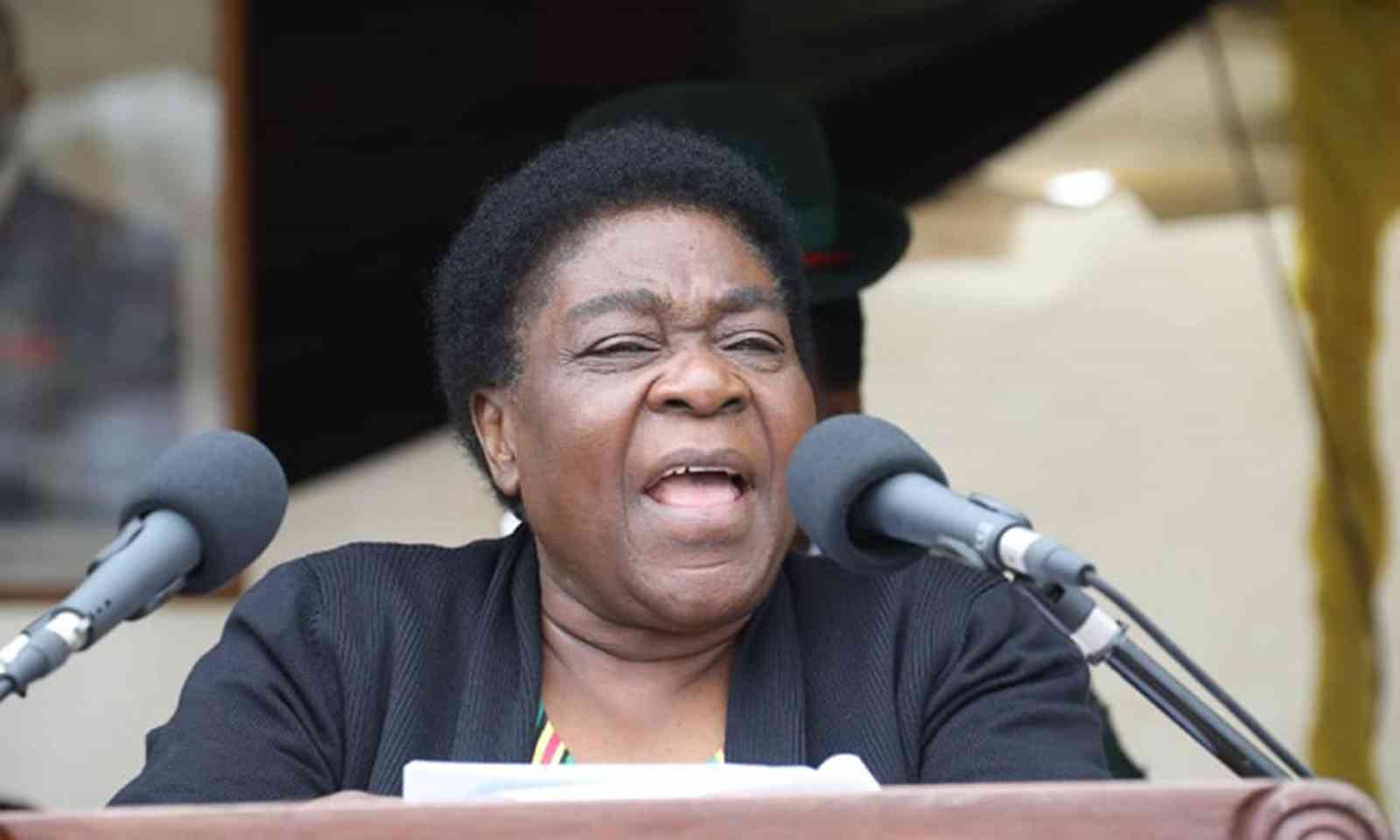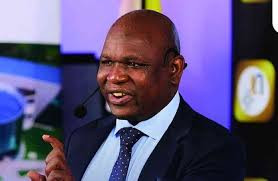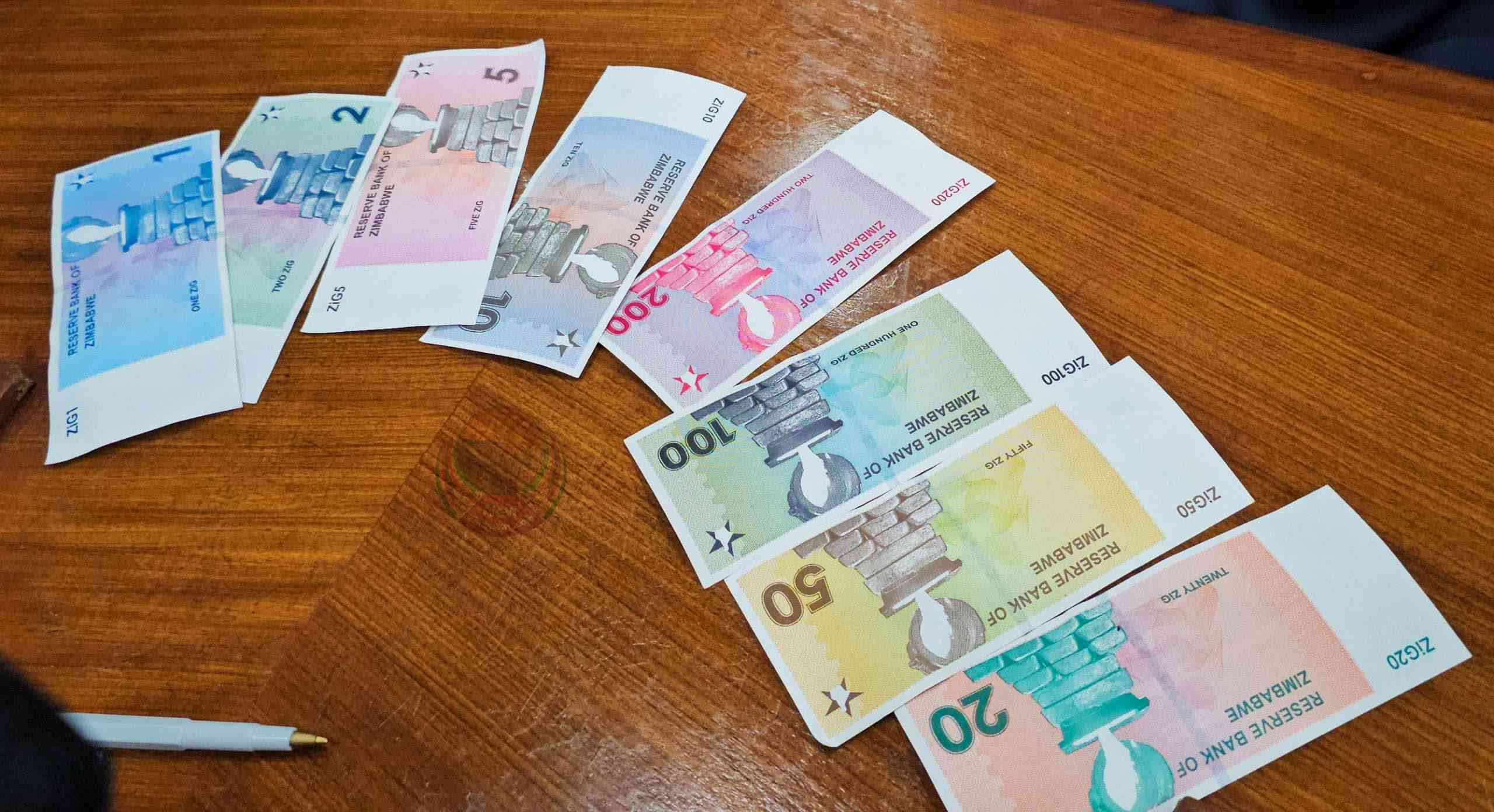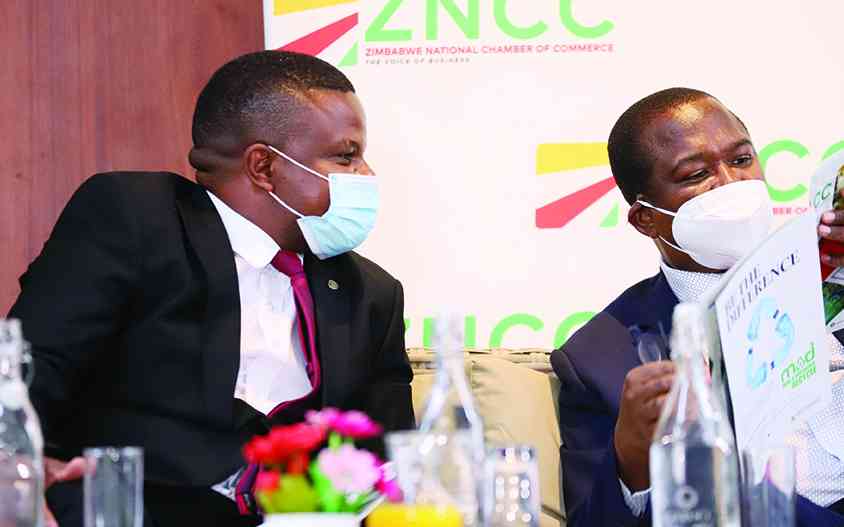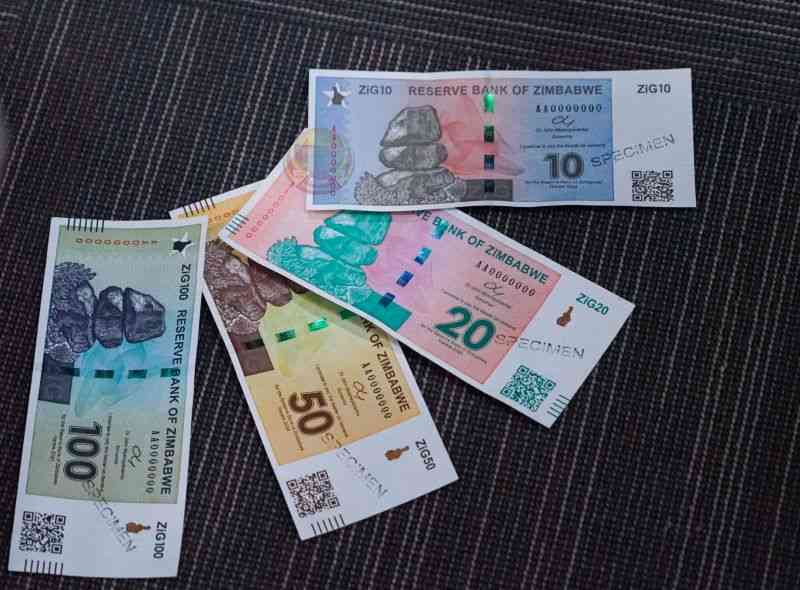
THE Reserve Bank of Zimbabwe (RBZ) is in the process of applying for an International Organisation for Standardisation (ISO) code for the Zimbabwe Gold (ZiG) as it moves to make the unit a stand-alone currency, central bank deputy governor Innocent Matshe said yesterday.
ISO currency codes, commonly used synonymously as country codes, are unique alphanumeric codes assigned to each currency used in international transactions. These codes were established by the ISO to improve the accuracy and efficiency of global payments.
Examples include: USD, GBP and EUR.
“According to our economic strategy, we believed that the success of our currency, ZiG, would depend on a limited management system, maintaining a tight monetary policy stance, controlling money supply and creating demand for the domestic currency,” Matshe said at a breakfast meeting hosted by the Zimbabwe Economics Society in Harare.
“This would demonstrate policy consistency, build trust in ZiG and facilitate effective communication. Let me confirm that ZiG is indeed a standalone currency. We are currently in the process of applying for an ISO code and we expect no deviation from our initial protection policies.”
He pointed out that Zimbabwe’s economy has been growing despite the challenges that have emanated since the introduction of the currency.
“It is essential to have an affordable base currency. We cannot sustain a dual currency situation indefinitely. Zimbabwe’s economy has been growing despite past instabilities, including currency fluctuations, exchange rates and inflation. However, we need to address these issues,” he said.
He indicated that there was a need to focus on digitalise the economy to alleviate the cash challenges to harness the potential of the traditional financing and banking systems.
- Rampaging inflation hits Old Mutual . . . giant slips to $9 billion loss after tax
- Monetary measures spur exchange rate stability: RBZ
- Zim deploys IMF windfall to horticulture
- Banker demands $21m from land developer
Keep Reading
“The introduction of ZiG aimed to end the instability and create a standardised currency. Without robust reforms, our economy would not have grown significantly. We need a framework that harnesses the potential of all sectors, including those outside the traditional financial and banking sectors,” he said.
“Inclusivity is crucial and we must understand that digital finance is essential for a 21st-century economy. We have made progress in electronic financial activities, but we need to think seriously about digitalisation. Certainty and stability in times of crisis allow for long-term planning and investment, which is key to industrialisation.”
He said the country had enough foreign currency to support any genuine need for foreign currency when one has the invoice to prove it.
He stated that despite the challenges, the needed currency has been widely accepted, adding that the money will be slowly supplied into the economy.
“Due to the situation in our country, where a parallel market drove approximately 80% of economic activities, it was crucial to ensure that we did not supply all the new currency at once. Therefore, we limited the amount of cash injected into the economy,” the deputy governor said.
He said the banking system had been supplied with enough small denominations, adding that the cash shortage will be resolved once the money becomes more available to the general public.
“Although challenges persist, they will evolve. Most financial institutions have received sufficient small denominations of the currency to address these issues. You may wonder, why do issues still persist? These issues are systemic, but will be resolved as the currency becomes more widely available.
“The stability of the exchange rate will reflect the true value of the economy and the purchasing power of the currency, boosting domestic demand and supporting industrialisation in trade,” he insisted, emphasising that stabilising the economy was achievable and pinned this on exports.

